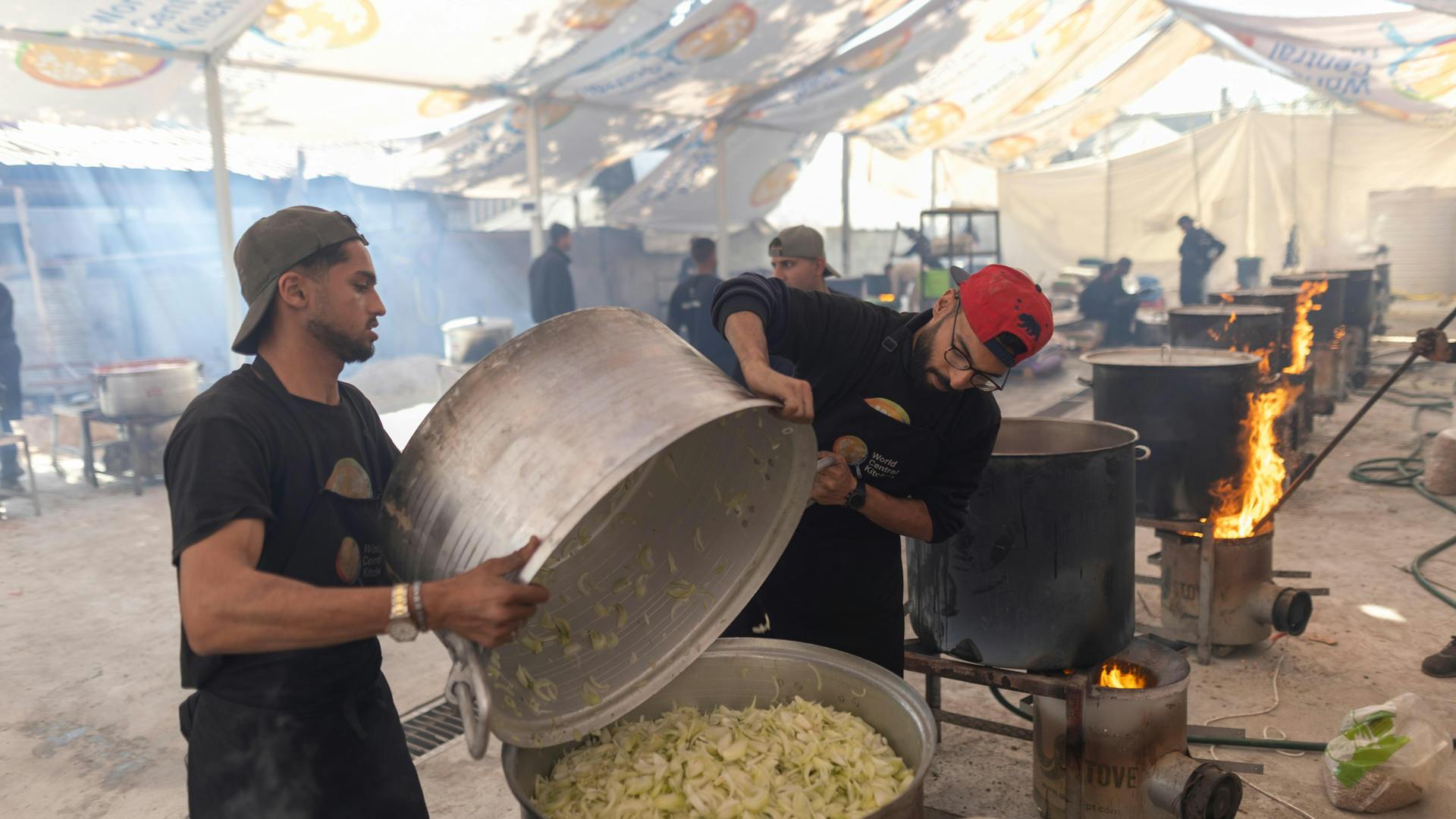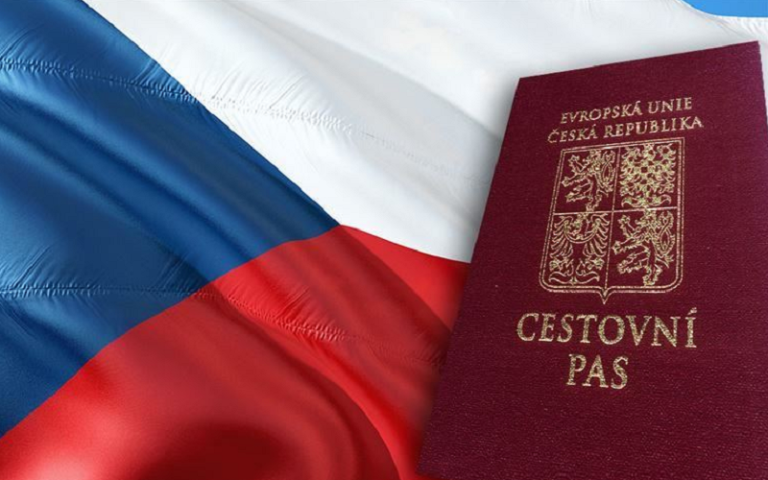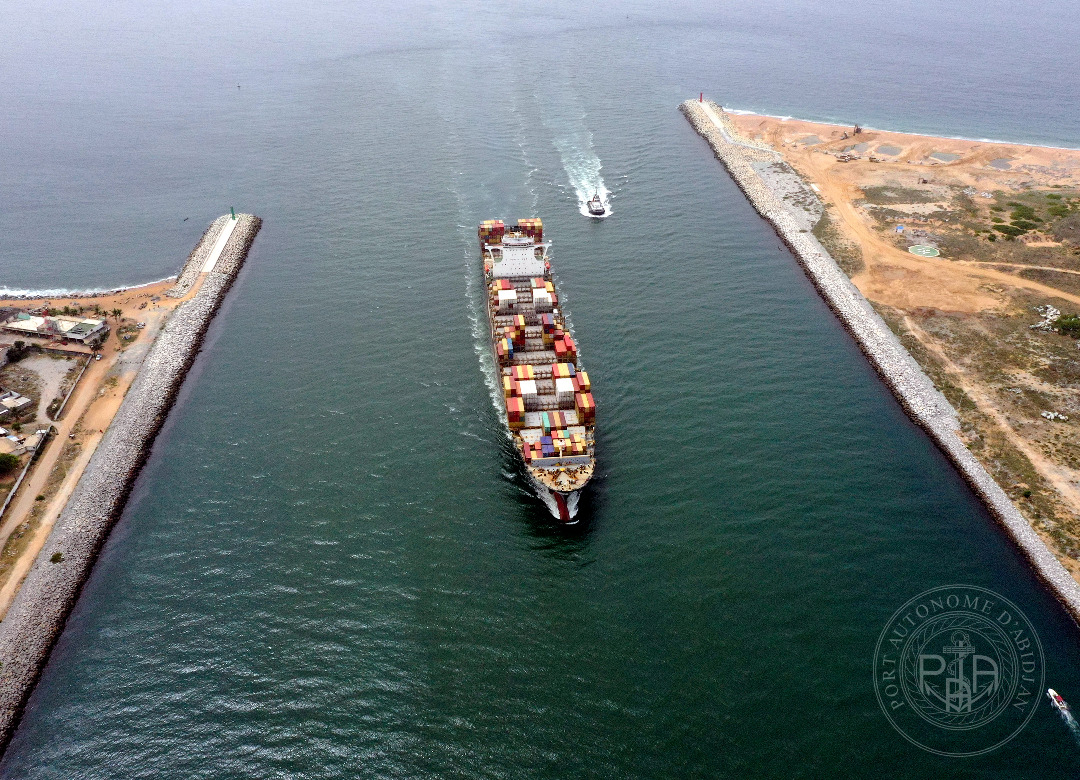Israel's Decision To Reopen Gaza Food Supply Lines

Table of Contents
Humanitarian Considerations Driving the Reopening of Gaza Food Supply Lines
The decision to reopen Gaza's food supply lines was largely driven by the dire humanitarian situation in the region. The prolonged blockade and recurring conflicts have created a severe food crisis, necessitating the resumption of these vital supply routes.
Addressing the Food Crisis in Gaza
The scale of food insecurity in Gaza is alarming. Years of conflict and blockade have crippled the local agricultural sector and severely limited access to essential food imports.
- Statistics on food insecurity and malnutrition in Gaza: Recent UN reports indicate that over 50% of the Gazan population suffers from food insecurity, with alarming rates of malnutrition among children. These statistics paint a grim picture of widespread hunger and suffering.
- Impact of the blockade on agricultural production and import/export: The blockade has severely restricted the import of essential agricultural inputs, such as seeds, fertilizers, and pesticides, hindering local food production. Export restrictions further cripple the economy, reducing the ability of Gazans to earn a living and access food.
- Role of international aid organizations in food distribution: Organizations like the World Food Programme (WFP) have played a critical role in providing food aid to Gaza, but their efforts are often hampered by logistical challenges and limited access. The reopening of supply lines is vital for effective food distribution.
- The impact of the recent conflict on food availability: Recent conflicts have exacerbated the existing food crisis, destroying infrastructure, disrupting supply chains, and causing widespread displacement, leading to increased food insecurity.
International Pressure and Humanitarian Appeals
The international community played a crucial role in pressuring Israel to reopen the Gaza food supply lines. Numerous humanitarian appeals and diplomatic efforts highlighted the severity of the crisis and the urgent need for action.
- Statements from UN agencies and NGOs concerning the crisis: The UN and various NGOs issued repeated statements documenting the dire humanitarian situation in Gaza, emphasizing the critical need for increased food aid and access to essential supplies. These reports highlighted the devastating consequences of food shortages.
- Actions taken by international bodies to alleviate the food crisis: International organizations mobilized resources and implemented emergency food aid programs. However, these efforts are severely hampered without consistent and reliable access to Gaza.
- Diplomatic efforts leading to the reopening of the supply lines: International diplomatic pressure, exerted through various channels including the UN Security Council, contributed significantly to the decision to reopen the supply lines. Negotiations and diplomatic efforts aimed at securing humanitarian access were critical to this decision.
Security Concerns and Conditions Attached to the Reopening of Gaza Food Supply Lines
While humanitarian concerns were paramount, Israel's decision to reopen the Gaza food supply lines was also influenced by significant security considerations. Measures are in place to prevent the smuggling of weapons or materials that could be used for hostile purposes.
Preventing Weapon Smuggling
Israel maintains strict security protocols to prevent the smuggling of weapons or materials that could be used to manufacture weapons into Gaza. These measures are crucial to Israel's national security.
- Specific security measures implemented to monitor the food supply lines: Enhanced security checks, including advanced scanning technology and stricter inspections, are deployed to monitor the flow of goods through the supply lines.
- Potential for stricter inspections and controls: The level of inspection and control could be increased depending on the security situation and intelligence reports.
- Discussions and negotiations regarding security protocols with international organizations: Israel engages in ongoing discussions and negotiations with international organizations to ensure that humanitarian aid reaches those in need while maintaining strict security measures.
The Role of Hamas and Ongoing Tensions
The ongoing conflict between Israel and Hamas significantly impacts the dynamics surrounding the Gaza food supply lines. Any easing of restrictions is closely linked to the overall security situation.
- Hamas's response to the reopening of the food supply lines: Hamas's response to the reopening of the supply lines will be a crucial factor in determining the long-term sustainability of the decision. Any escalatory actions could lead to renewed closures.
- Impact of any potential escalation of conflict on the supply lines: Any escalation of conflict poses a serious threat to the continued flow of goods through the supply lines, potentially leading to renewed closures.
- The long-term sustainability of the reopening in light of political instability: The long-term viability of the reopened supply lines depends on sustained political stability and cooperation between all parties involved.
Long-Term Implications and the Future of Gaza's Food Security
The long-term food security of Gaza depends on addressing the root causes of food insecurity and establishing sustainable solutions that go beyond immediate aid.
Sustainability of the Reopening
The sustainability of the reopened supply lines depends on a number of factors, including continued political stability and cooperation. There's a risk of future closures depending on evolving security concerns.
- Potential for future closures based on security concerns: The possibility of future closures based on security concerns remains a significant challenge to achieving long-term food security in Gaza.
- Need for long-term solutions to address the root causes of food insecurity in Gaza: Long-term solutions must address the underlying causes of food insecurity, including the blockade, conflict, and lack of economic opportunities.
- Role of the international community in providing sustained aid and support: Continued international support, including financial assistance and development projects, is essential for sustainable food security in Gaza.
Economic Development and Self-Sufficiency
Promoting economic development and self-sufficiency is crucial for long-term food security in Gaza. This requires investment in agriculture, infrastructure, and job creation.
- Strategies for supporting local agriculture and food production: Investment in agriculture, including providing farmers with access to seeds, fertilizers, and technology, is essential for enhancing local food production.
- Investment in infrastructure and economic development projects: Developing infrastructure such as roads, water systems, and electricity grids is vital to improving the livelihoods of Gazans and enhancing food production.
- The role of international investment and aid in creating a sustainable food system in Gaza: International investment and aid are crucial to fostering a sustainable food system in Gaza, promoting long-term self-sufficiency, and reducing dependence on humanitarian aid.
Conclusion
The reopening of Gaza's food supply lines represents a significant, albeit temporary, development, addressing urgent humanitarian needs. While this action offers immediate relief, the long-term solution requires a comprehensive approach addressing both humanitarian concerns and security issues. Sustained international pressure, economic development initiatives, and ongoing diplomatic efforts are crucial to ensure the continued flow of Gaza food supply lines and the eventual achievement of food security for the population of Gaza. Continued monitoring and analysis of the situation are vital to understand the full implications of this complex issue. Stay informed on developments surrounding Gaza food supply lines and their impact on the region. The future of Gaza's food security hinges on a concerted and sustained effort by all stakeholders to address both the immediate crisis and the underlying causes of food insecurity.

Featured Posts
-
 Amazon Spring 2025 Sale His And Hers Hugo Boss Perfumes Discounted
May 20, 2025
Amazon Spring 2025 Sale His And Hers Hugo Boss Perfumes Discounted
May 20, 2025 -
 Finding The Perfect Breezy And Mild Climate For Your Next Vacation
May 20, 2025
Finding The Perfect Breezy And Mild Climate For Your Next Vacation
May 20, 2025 -
 Retired Admiral Convicted In Half Million Dollar Bribery Case
May 20, 2025
Retired Admiral Convicted In Half Million Dollar Bribery Case
May 20, 2025 -
 Escape The Us Election A Guide To Obtaining European Citizenship For Americans
May 20, 2025
Escape The Us Election A Guide To Obtaining European Citizenship For Americans
May 20, 2025 -
 Port D Abidjan Le Diletta Un Navire Geant Bat Tous Les Records
May 20, 2025
Port D Abidjan Le Diletta Un Navire Geant Bat Tous Les Records
May 20, 2025
